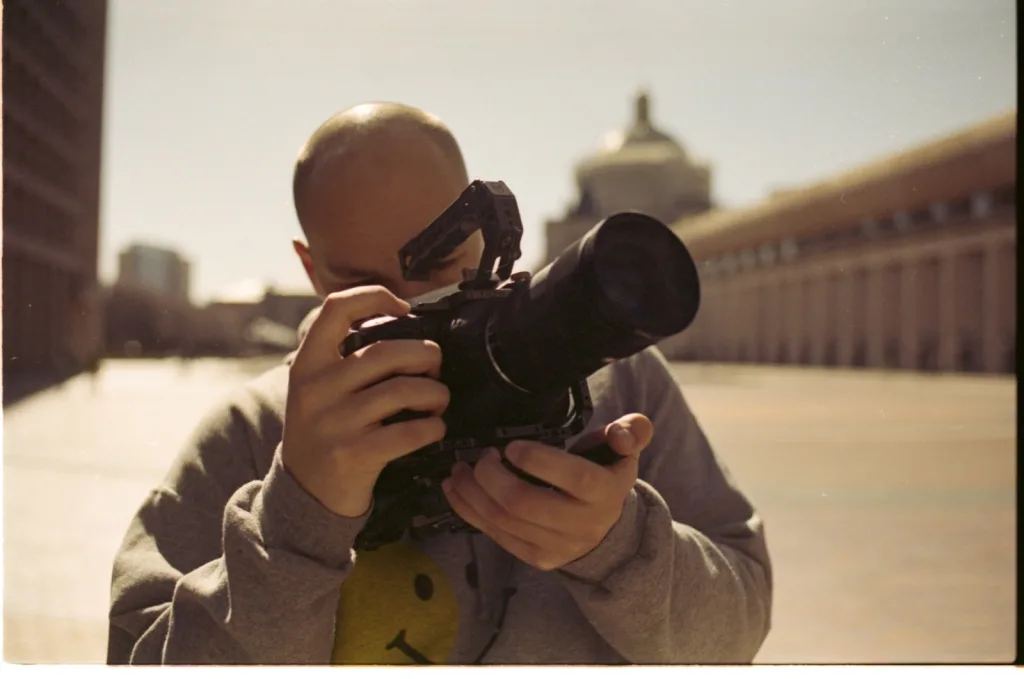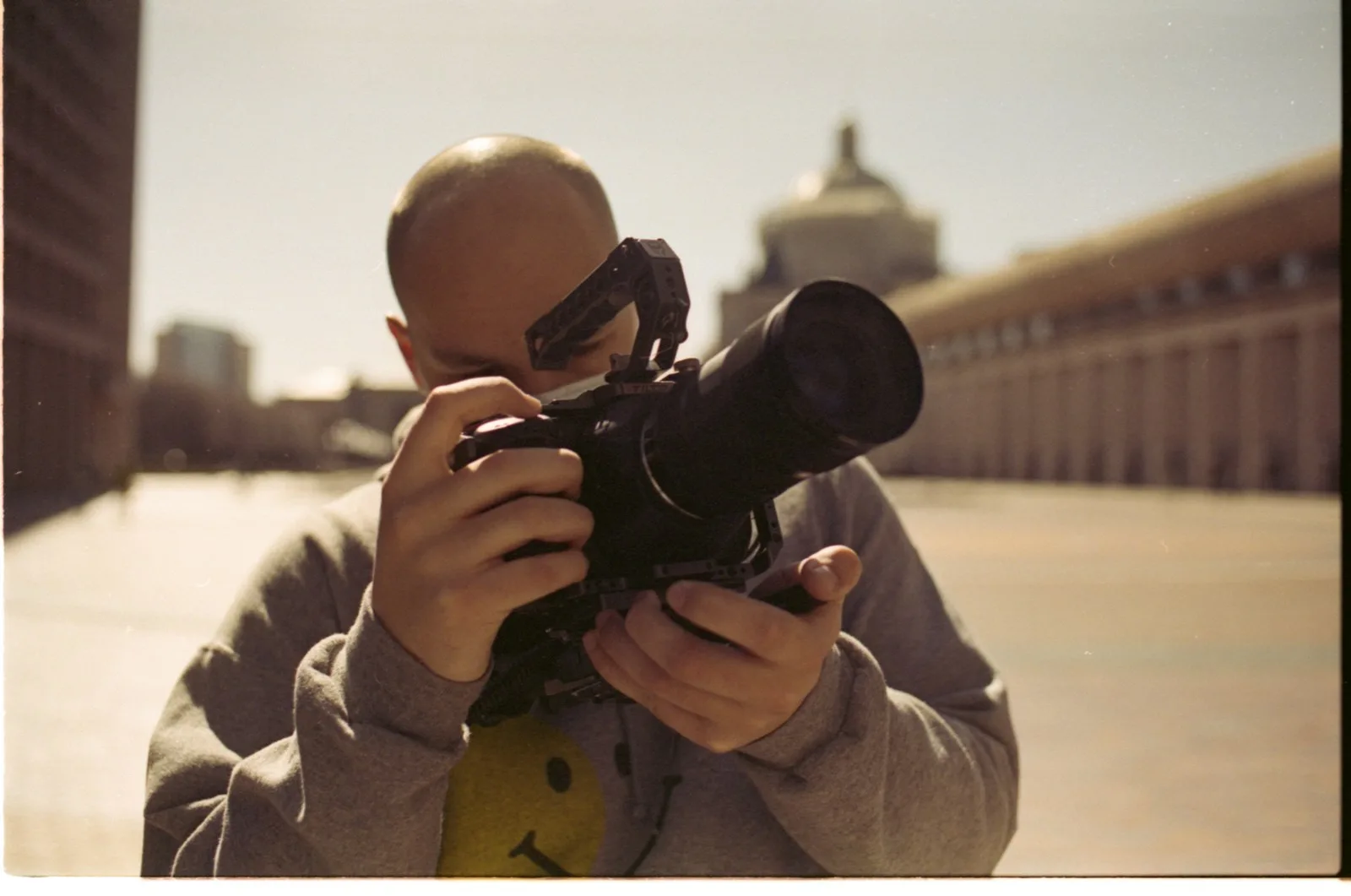
The journey from a script to a fully realized film is a complex and intricate process that involves the collaboration of many talented individuals. This comprehensive guide explores each step of the filmmaking process, offering a deep dive into how a film moves from a written screenplay to the big screen. Whether you are an aspiring filmmaker, a student of cinema, or simply a movie enthusiast, understanding this process provides invaluable insights into the art and craft of making a film.
1. Concept Development and Scriptwriting
The Foundation of Every Film
- Idea Generation: Discuss how filmmakers find inspiration for their stories, whether through personal experiences, historical events, or original concepts.
- Scriptwriting: Explore the process of scriptwriting, including structure, character development, and dialogue, alongside the importance of script revisions and feedback.
2. Pre-production Planning
Laying the Groundwork
- Storyboarding and Visualization: Detail how directors and cinematographers use storyboards and visualizations to plan out each scene, aiding in visual coherence.
- Casting: Explain the casting process, from auditions to callbacks to final selection, and how actors’ choices impact the film’s narrative.
- Location Scouting and Set Design: Delve into how locations are chosen and sets are designed to reflect the film’s period, atmosphere, and narrative needs.
3. Production
The Filming Process
- Directing: Highlight the director’s role in managing the set, guiding actors’ performances, and overseeing the camera work to ensure the vision of the film is accurately captured.
- Cinematography: Discuss the techniques and equipment used by cinematographers to capture the right shots that will effectively tell the story.
- Sound and Lighting: Explore how sound engineers and lighting technicians collaborate to create the auditory and visual ambiance necessary for the scene.
4. Post-production
Bringing It All Together
- Editing: Describe the editing process, including how scenes are selected and sequenced to create the desired narrative flow and emotional impact.
- Visual Effects (VFX): Provide insight into how visual effects are integrated into the film, enhancing or creating elements that cannot be captured during principal photography.
- Sound Design and Scoring: Explain how soundtracks and sound effects are carefully crafted and synchronized with the visual elements to enhance the storytelling.
5. Distribution and Marketing
Reaching the Audience
- Film Festivals and Screenings: Discuss the role of film festivals in promoting new films and how they serve as a platform for filmmakers to launch their projects.
- Distribution Strategies: Cover the various ways films are distributed to theaters and other platforms, including digital releases and streaming services.
- Marketing: Explore the marketing techniques used to attract audiences, from trailers and posters to digital marketing campaigns.
Conclusion
From script to screen, the filmmaking process is a testament to the collaborative art of storytelling. Each phase is crucial and requires a dedicated team of creative professionals to bring a film to life. Understanding this process enriches one’s appreciation of the films we watch and the immense effort behind their creation.
